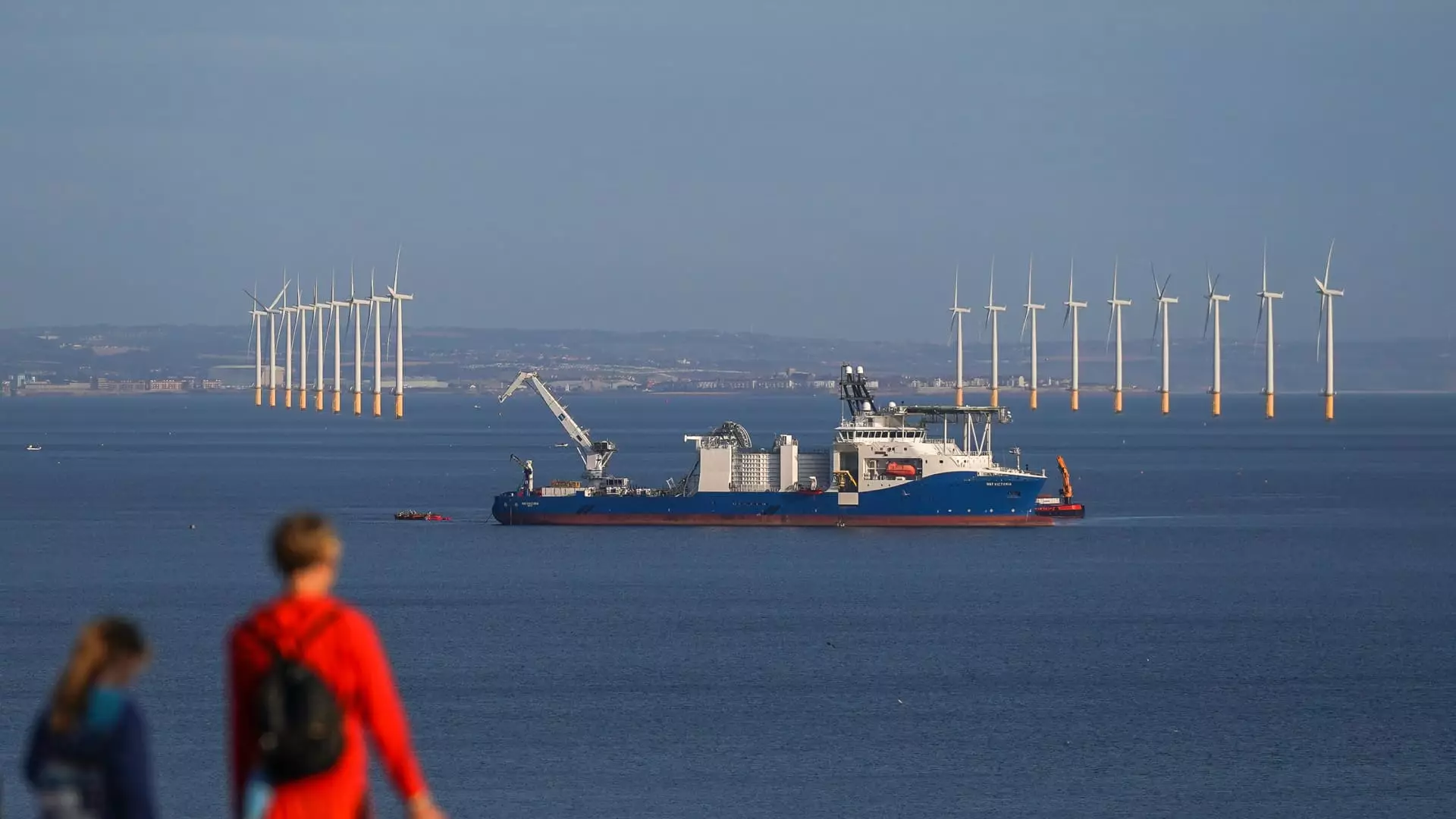In a striking declaration, U.S. President-elect Donald Trump criticized the British government’s energy tax strategies, specifically targeting the Labour administration’s approach to the North Sea’s oil and gas resources. His comments were ignited by the news that the APA Corporation’s subsidiary Apache plans to withdraw from its North Sea operations by 2029, attributing its decision to financial pressures stemming from the UK’s windfall tax, known officially as the Energy Profits Levy (EPL). Trump’s statement, made via social media platform Truth Social, underscored his belief that Britain was making a significant error by maintaining high taxation on energy producers and hinted at the necessity for the UK to reconsider its energy policies.
The Labour Party, which implemented the 35% windfall tax, recently announced plans to increase this rate to 38% and extend the policy’s duration until March 2030. This tax is intended to fund initiatives fostering a transition away from fossil fuels, as the UK aims to enhance its energy security while reducing reliance on hydrocarbons. While proponents of the windfall tax argue that it is a necessary step towards sustainability and environmental responsibility, Trump’s scathing remarks suggest that there is a deepening divide in perspectives on the future of energy production and economic viability.
The reaction from energy giants like Shell, BP, and Harbour Energy has yet to fully surface in light of Trump’s comments. The stability of the North Sea oil and gas sector is precarious, with companies continuously evaluating the cost-effectiveness of their operations. The imposition of the windfall tax could potentially deter foreign investments and push long-standing players to exit the market, potentially triggering a cascading effect detrimental to overall energy production capability in the UK.
Conversely, the North Sea is also a focal point for offshore wind energy development, boasting potential for becoming a powerhouse for renewable energy across Europe. Countries have set ambitious goals to convert this region into an extensive “green power plant,” attributing significant importance to offshore wind technology. However, the growth of this sector has faced hurdles, including rising operational costs, supply chain issues, and climbing interest rates—all of which have stifled its expansion.
In light of these dynamics, the UK is at a crossroads. The challenge lies in balancing immediate economic pressures with long-term environmental goals. Trump’s remarks have reignited the debate on the implications of fiscal policies on energy production and what strategic directions the UK might take to ensure both energy independence and sustainable development. As discussions unfold, the emphasis on collaboration between government policy and private sector investment will be crucial for navigating the complexities of energy in an evolving global landscape.


Leave a Reply